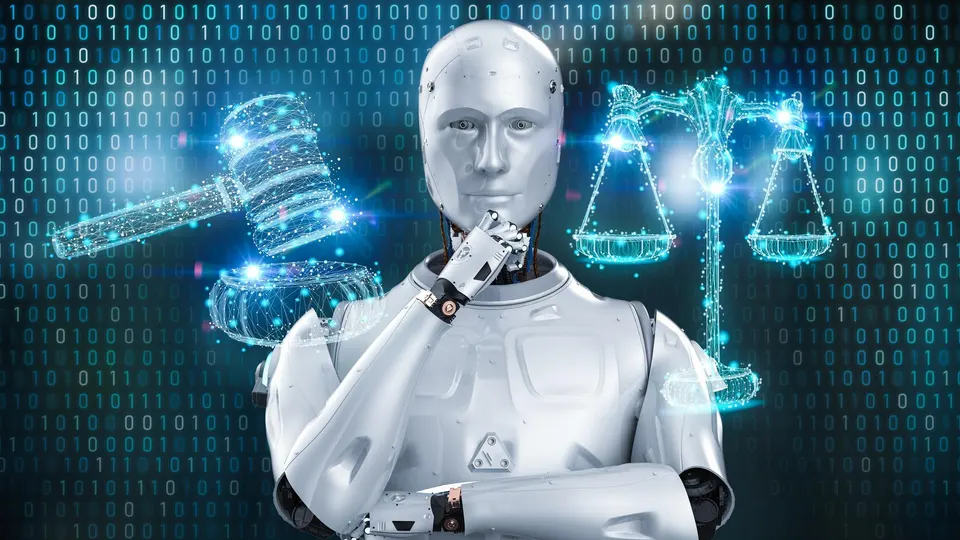
Navigating the Future Innovation and Ethics of AI
Artificial intelligence (AI) has ushered in a new era of innovation, transforming industries and reshaping the fabric of society. As we stand on the cusp of this technological revolution, it is imperative to explore the potential of AI while addressing the ethical challenges it presents.
AI’s impact on the economy and job market is profound. Automation and machine learning are streamlining operations, enhancing productivity, and fostering the creation of new jobs that require advanced technical skills. However, this shift also concerns job displacement and the widening skills gap. To mitigate these issues, governments and organizations must invest in education and retraining programs, ensuring the workforce is equipped for the AI-driven future.
In healthcare, AI is revolutionizing patient care and medical research. Algorithms can analyze medical data at unprecedented speeds, enabling early disease detection and personalized treatment plans. This not only improves patient outcomes but also reduces healthcare costs. Nonetheless, using AI in medicine raises questions about data privacy, security, and the potential for algorithmic biases. Establishing robust ethical guidelines and regulatory frameworks to protect patient rights and ensure equitable access to AI-driven healthcare is crucial.
The ethical implications of AI extend beyond the job market and healthcare. As AI systems become more autonomous, questions of accountability and decision-making arise. Who is responsible when an AI system makes a flawed decision? How do we ensure that AI systems are transparent and explainable? Addressing these questions requires a collaborative effort among policymakers, technologists, and ethicists to develop standards and regulations that govern the use of AI.
Moreover, the global nature of AI technology calls for international cooperation. As AI continues to evolve, it is essential to foster a dialogue among nations to share best practices, align regulatory approaches, and ensure that the benefits of AI are accessible to all.
In conclusion, the AI revolution presents both opportunities and challenges. Embracing AI requires a balanced approach that leverages its potential for innovation while addressing ethical concerns. By fostering collaboration, investing in education, and establishing clear regulatory frameworks, we can navigate the future of AI and harness its power for the greater good.





